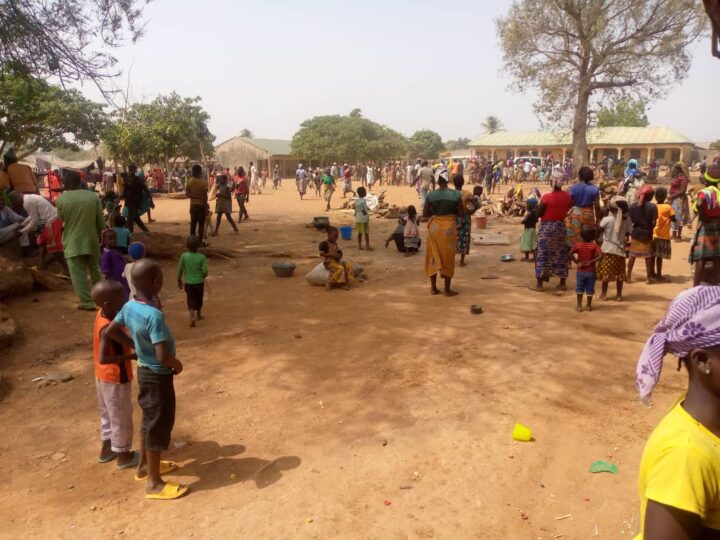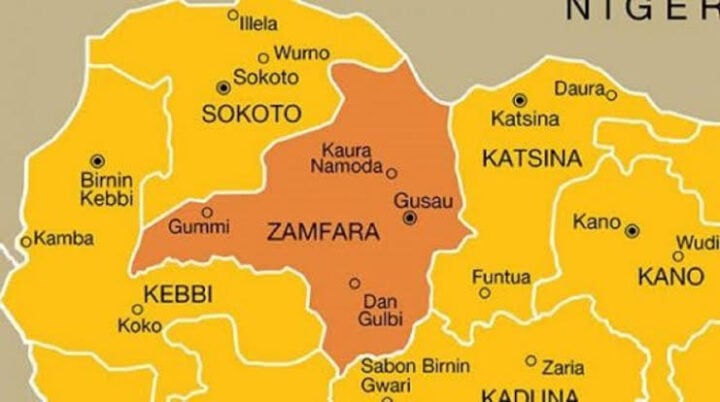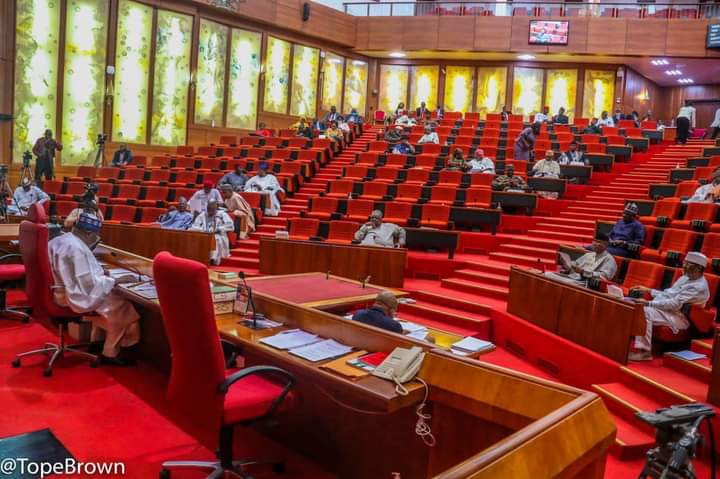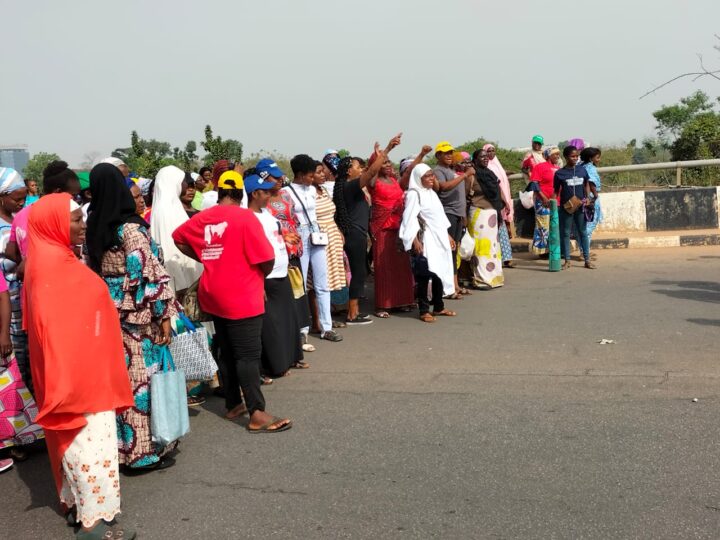IDP camp in Gwada, Niger state.
The German government has funded a €40 million humanitarian package to support vulnerable populations in Borno and Yobe states.
The Resilience and Social Cohesion project, launched by the UN Children’s Fund (UNICEF) and World Food Programme (WFP) on Thursday, will enhance peace, increase livelihood opportunities, and provide education, health, nutrition, child protection, and sanitation.
Over 500,000 conflict-affected people will benefit from a new humanitarian and development package aimed at strengthening the resilience of vulnerable populations in Borno & Yobe States.
Thanks to @KfW_int for funding.https://t.co/hzZYeUMYnG
Advertisement— UNICEF Nigeria (@UNICEF_Nigeria) July 14, 2022
Advertisement
The three-year programme targets children from birth up to two years of age, pregnant women, school-age children, adolescent girls, female-headed households, and people with disabilities.
Leveraging ongoing humanitarian support in Bade LG of Yobe state and Shani LGA of Borno state, the UN-led agencies will also provide interventions to address drivers of conflict and fragility throughout various sectors.
Peter Hawkins, the UNICEF representative in Nigeria, described the project as “a pathway to peace and sustainable development”.
“This is a pathway to peace and sustainable development. Children and other vulnerable groups will have a lifeline, and an opportunity to survive and thrive in communities where livelihood and peacebuilding activities are present,” he said.
Advertisement
“Conflict in any region is potential instability in the rest of the world. UNICEF is grateful to the German Government for supporting pathways to child survival and peace in northeast Nigeria.”
Simone Parchment, WFP deputy country director in Nigeria, said the project is a “timely and generous support” from Germany and that it would abet the persistent conflict, climate shocks, high food prices, and reduced household purchasing power undermining people’s ability to feed themselves and sustain their livelihoods in the affected states.
Protracted insecurity, high food prices, and COVID-19 lockdowns have left more than four million people in need of food assistance in the north-east.
Advertisement
Add a comment






